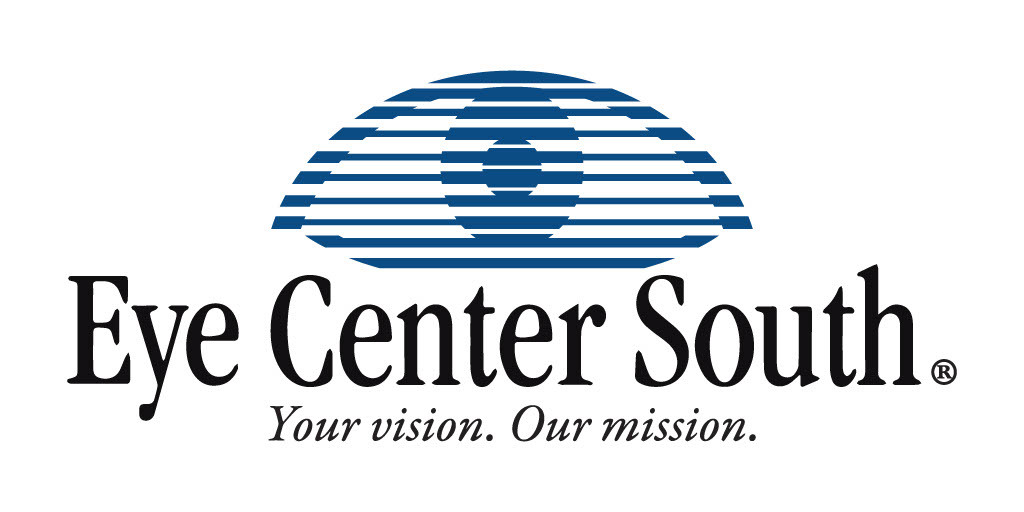As the year draws to a close, it’s crucial to maximize your health savings options to protect your eyesight and manage costs. Many patients may not realize that utilizing these benefits can significantly reduce out-of-pocket expenses for ophthalmology services at Eye Center South. With many benefits expiring at the end of the year, understanding your options is essential.

Understanding Your Benefits
While medical insurance is essential for covering necessary treatments for eye diseases and conditions, it doesn’t cover everything. Patients may still face out-of-pocket expenses for various services, including co-pays and procedures not deemed medically necessary. This is where other financial options come into play.
1. FSA (Flexible Spending Account)
An FSA allows you to set aside pre-tax dollars for qualified medical expenses, which can include many eye care services. While your medical insurance may cover some costs, an FSA can help cover co-pays, deductibles, and services that may not be fully covered. Remember, FSA funds typically expire at the end of the year, making it essential to use them before they’re lost.
2. HSA (Health Savings Account)
HSAs are linked to high-deductible health plans and allow you to save pre-tax money for medical expenses. Unlike FSAs, HSA funds do not expire, providing flexibility for ongoing eye care needs.
3. Vision Insurance Plans
Vision insurance primarily focuses on preventive care and often covers regular eye exams, glasses, and contact lenses. Most vision plans do not roll over benefits into the next year. While certain ophthalmology services may be covered, vision insurance is designed to help manage costs associated with routine eye care.
What Your Benefits May Cover
Understanding what your FSA, HSA, and vision insurance may cover is essential, especially since medical insurance may not cover all necessary services. Here are key areas where these benefits can help reduce out-of-pocket expenses:
- Cataract Surgery: Generally covered by medical insurance, patients might still face co-pays or additional service fees. FSA or HSA funds can help offset these costs.
- Glaucoma Management: Regular monitoring and treatments for glaucoma may incur costs not fully covered by medical insurance. Examples of covered services could include eye pressure tests and medication for managing the condition.
- Retinal Treatments: Conditions like diabetic retinopathy require specialized care, which may involve laser treatments or injections. These services can lead to out-of-pocket expenses that FSA or HSA funds can help cover.
- Cosmetic and Reconstructive Eye Procedures: Some procedures, such as eyelid surgery (blepharoplasty), may not be covered by medical insurance but could be eligible for FSA or HSA reimbursement.
- Routine Eye Exams and Prescription Eyewear: Regular exams are critical for maintaining eye health and may be covered under vision insurance. Eyeglasses, prescription sunglasses and contact lenses are also often included. For these needs, our optometry division, Vision Center South, provides primary eye care services.
Insurance coverage and benefits can vary significantly. Always check with your provider for accurate information about your plan.
Maximizing your vision benefits is essential for maintaining your eye health and minimizing costs for necessary treatments. Review your coverage, check your eligibility for services, and plan appointments to ensure you use your benefits effectively before they expire. At Eye Center South, we’re dedicated to helping you make the most of your eye care benefits. To schedule an appointment or for any questions, call us at (800) 467-1393. Visit us at our locations in Dothan, AL; Andalusia, AL; Montgomery, AL; Destin, FL; Panama City, FL; and Tallahassee, FL.






